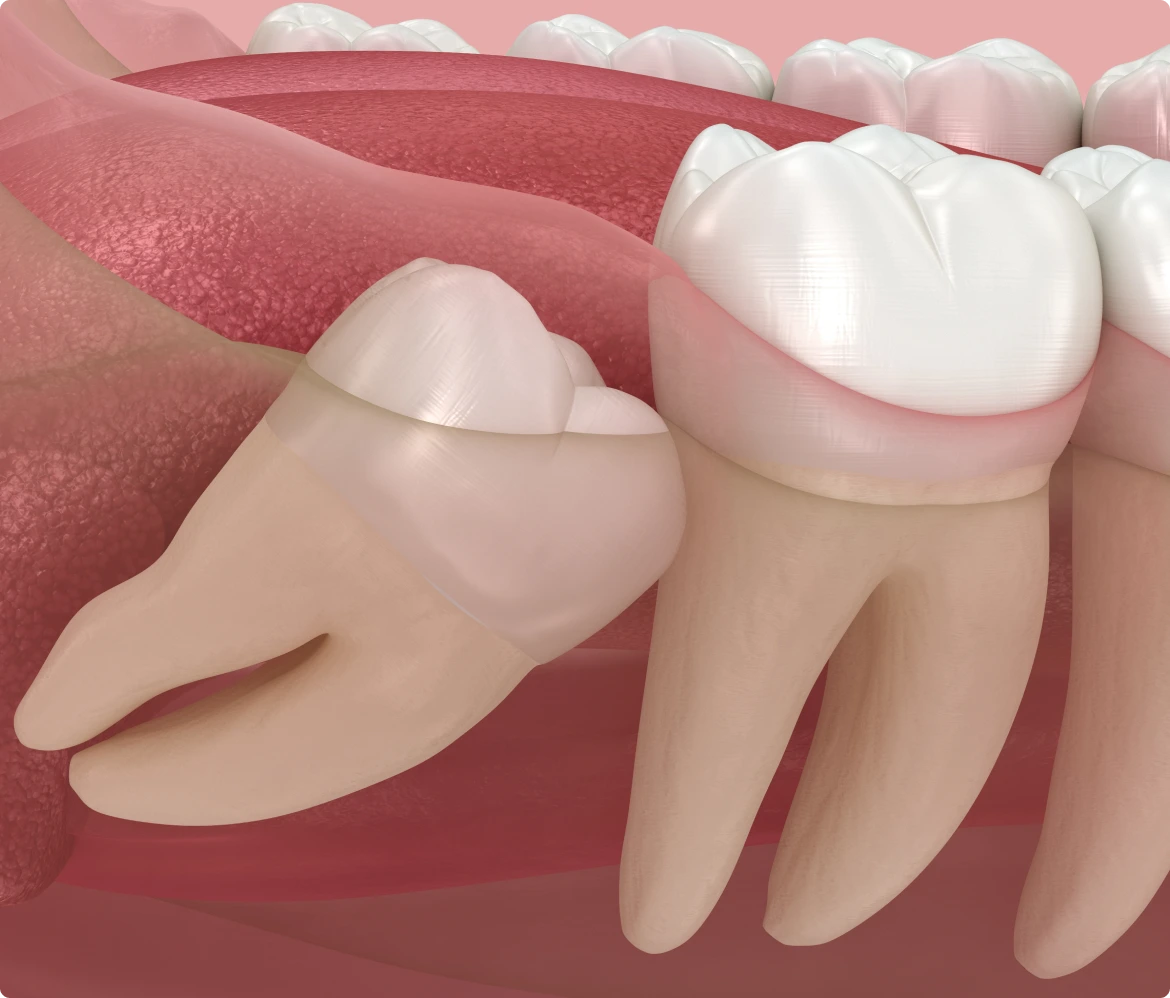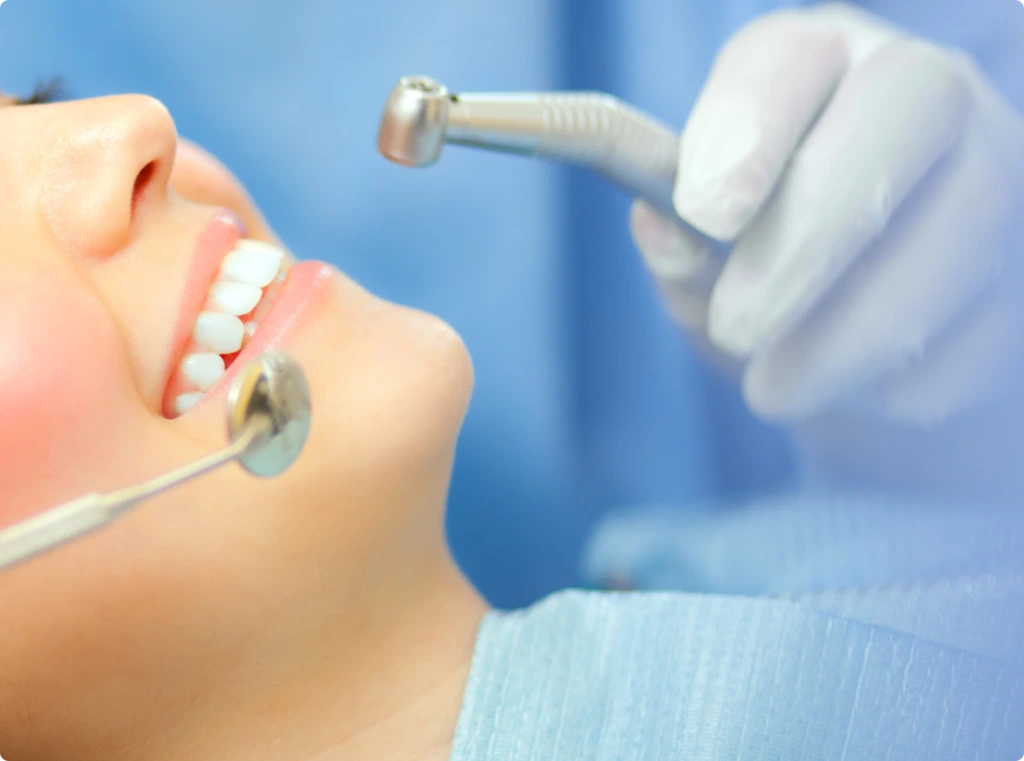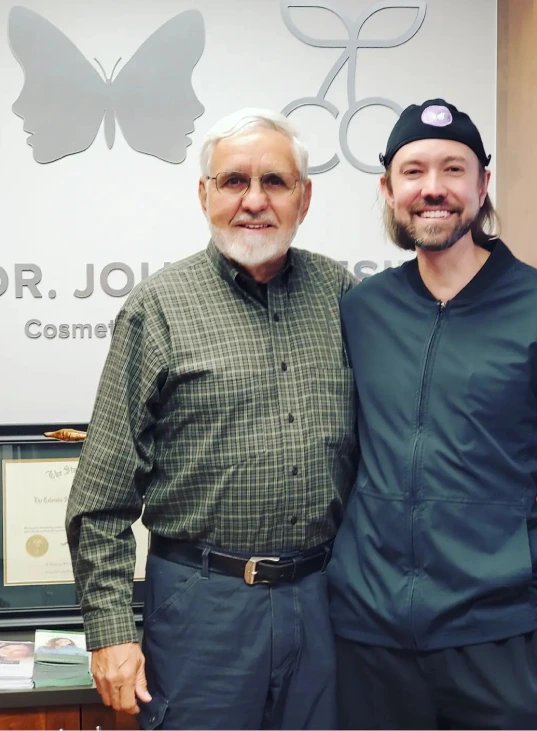Wisdom Teeth Removal

Wisdom teeth removal is the surgical extraction of third molars – the last teeth to erupt in the very back of the mouth. They sometimes emerge partially or become impacted, causing pain, infection, cysts, damage to adjacent teeth, and other problems. The removal procedure involves numbing the area around the tooth and surgically eliminating it. The total time of this operation is 30-90 minutes, depending on the difficulty. After wisdom teeth extraction, patients usually experience mild pain, swelling, and bruising that can be managed with medication and ice packs.
A simple extraction is performed when the wisdom tooth has fully erupted and has enough gum tissue and bone surrounding it. Dr. Nesiba numbs the area, makes a small incision in the gum, and uses special tools to loosen and remove the tooth. This is the easiest and quickest method.
An impacted extraction is done when the wisdom tooth is trapped below the surface of the gums and pushing against the other teeth. Dr. Nesiba numbs the area, makes an incision, removes some bone if needed, and eliminates the tooth. Extraction of impacted wisdom teeth takes more time, and recovery can be more difficult.
Sectioning refers to cutting a wisdom tooth into smaller pieces so it can be removed more easily. This is done when the tooth is severely impacted or hooked around healthy teeth and roots. Dr. Nesiba sections the tooth before taking each piece out individually. This protects other teeth and makes a complex extraction easier.

Typically, the process begins with a consultation appointment to evaluate the status of the wisdom teeth. During this meeting, Dr. Nesiba examines the third molars visually and via dental X-rays to assess their position, health, and potential impact on surrounding teeth and tissues. After an oral examination, he determines whether removal is necessary and discusses options and timelines for surgery.

Proper oral health is crucial. Gently rinsing with a saltwater solution helps keep the area clean. However, patients must be careful not to rinse too vigorously. Brushing and flossing should be done gently around the surgery sites. Most individuals fully recover in 1-2 weeks after wisdom teeth removal.

Symptoms like pain, swelling, infections, or cysts associated with wisdom teeth indicate that removal is necessary. This surgery helps alleviate discomfort.
Braces or clear aligners can put pressure on wisdom teeth, leading to complications. Taking them out may allow patients to achieve orthodontic or natural alignment.
If extensive dental treatments (e.g., implants or bridges) are planned, Dr. Nesiba may extract wisdom teeth first to avoid later problems.
The cost of wisdom teeth removal in Denver ranges from $200 to $600 per tooth. Factors like the complexity of the extraction and the type of anesthesia can affect the total price. Simple removals under a local anesthetic are usually cheaper. Patients with complex impactions that require sectioning and intravenous sedation will incur higher costs.
Our dental center in Denver offers exceptional wisdom tooth extraction services. Dr. Nesiba received board certification in oral and maxillofacial surgery, which is a testament to his brilliant skills and deep expertise. He underwent extensive training in wisdom tooth extractions and other procedures during his six years of residency at the Detroit Medical Center. Dr. Nesiba takes a patient-focused approach, builds relationships with patients, and ensures their safety and satisfaction.





